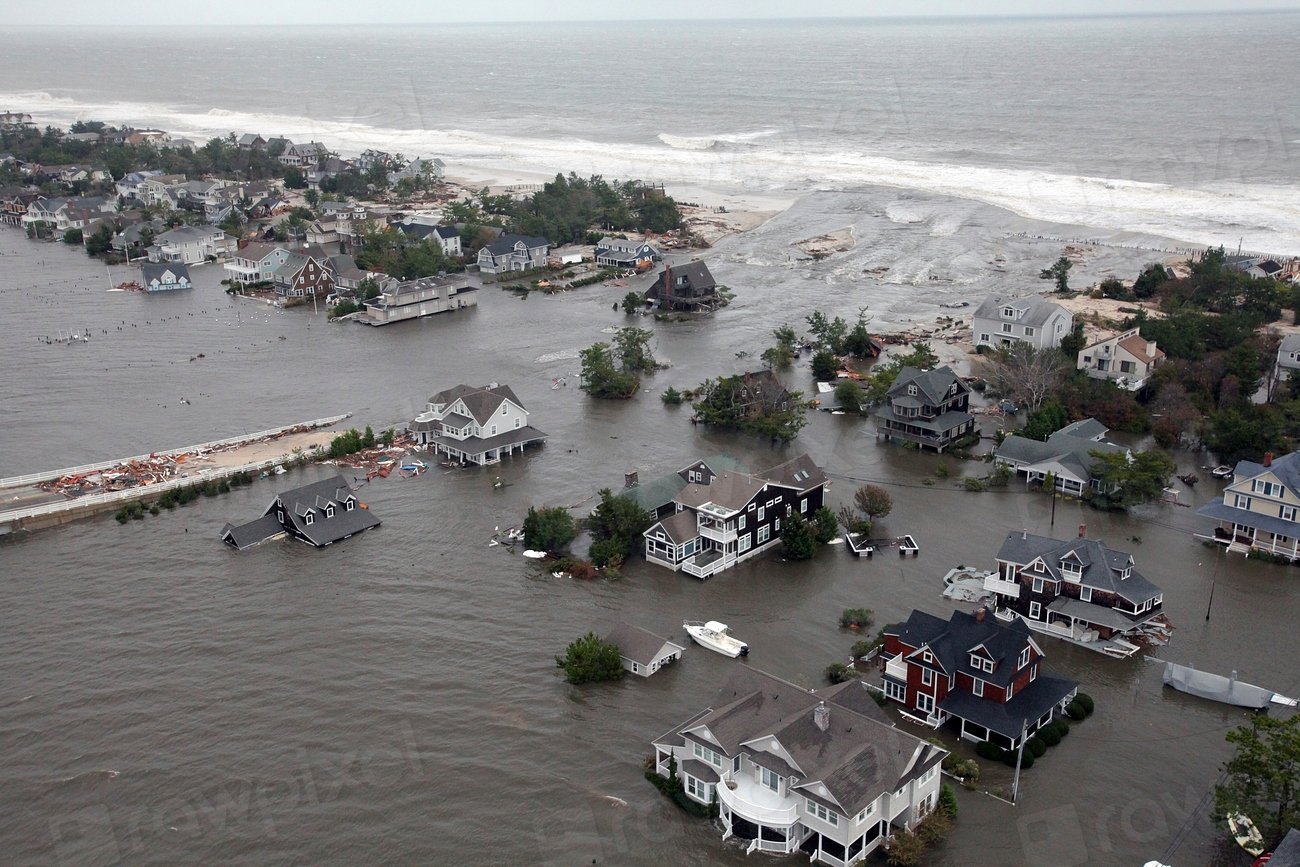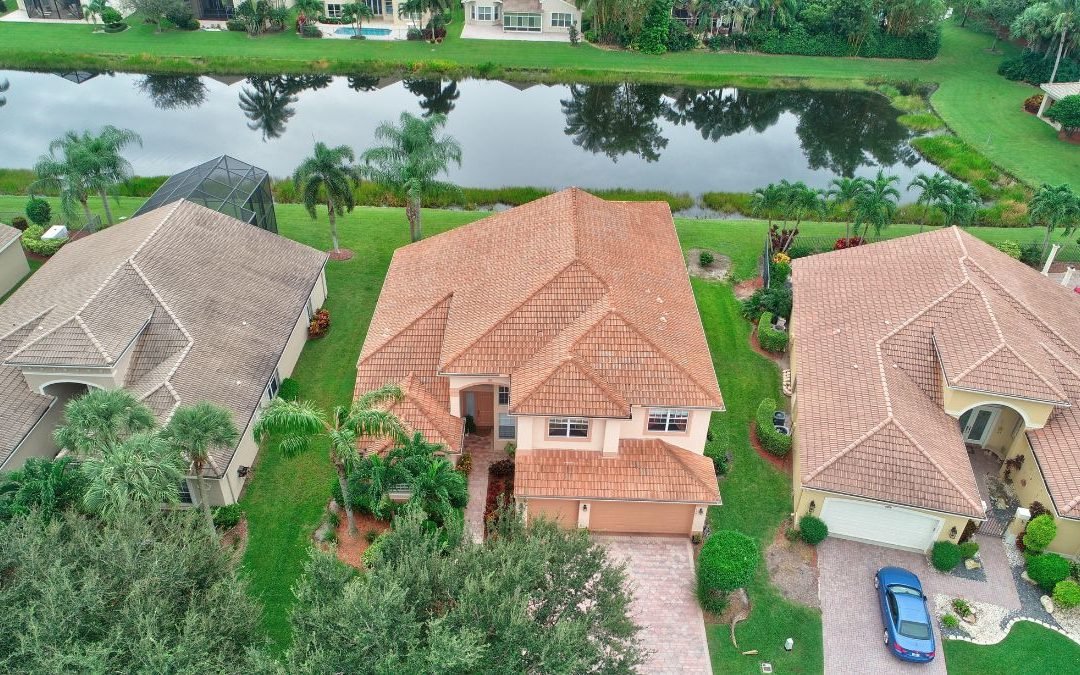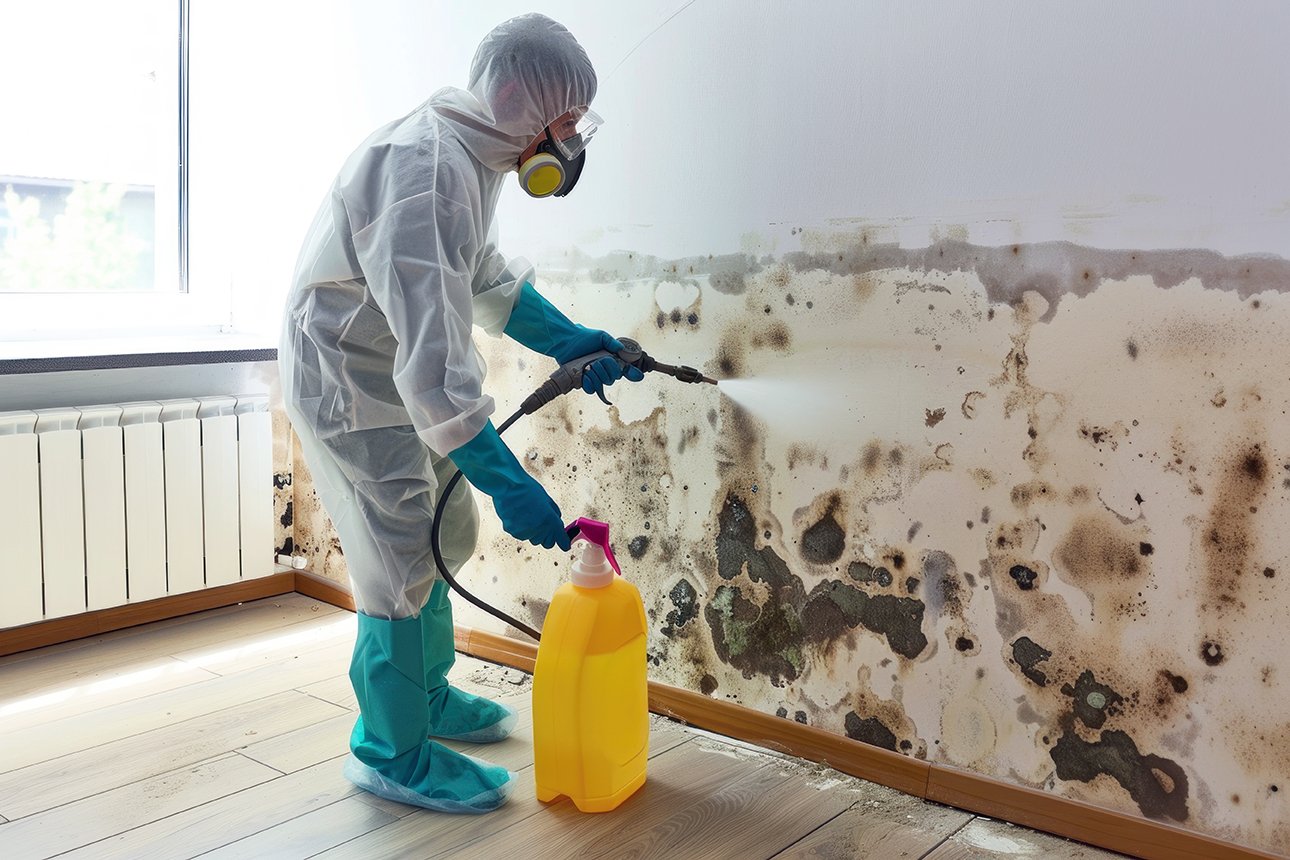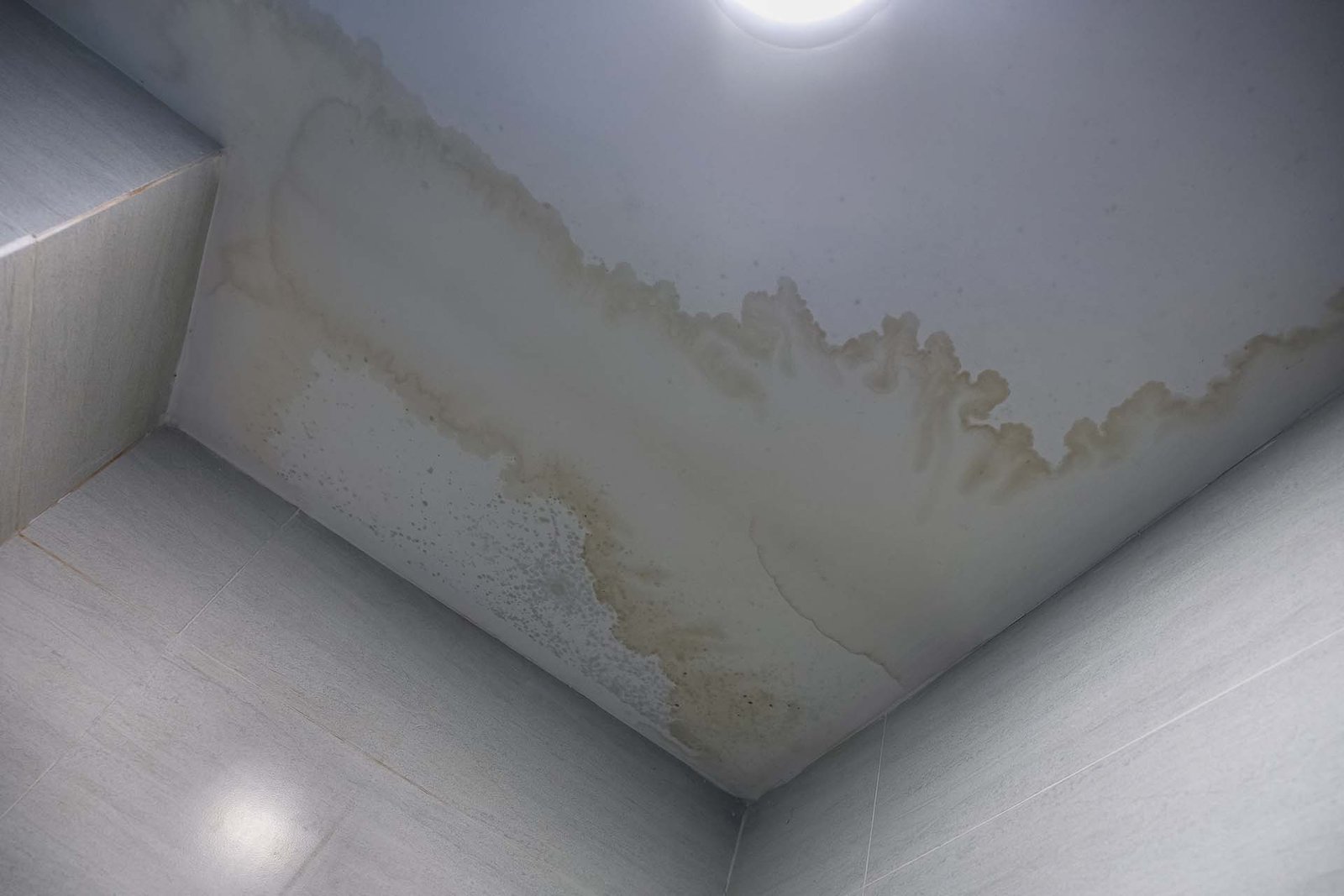Introduction
A burst pipe is one of the most sudden and devastating emergencies a homeowner can experience. In an instant, what starts as a small crack or failure in your plumbing can unleash hundreds of gallons of water into your home, flooding floors, soaking walls, and damaging belongings. In West Palm Beach, where humid conditions and fluctuating temperatures can exacerbate pipe issues, the risk is even higher. The aftermath can lead to costly repairs, mold growth, and structural problems if not handled correctly. However, the key to minimizing damage isn’t just about what you do—it’s also about avoiding common pitfalls that can make the situation worse.
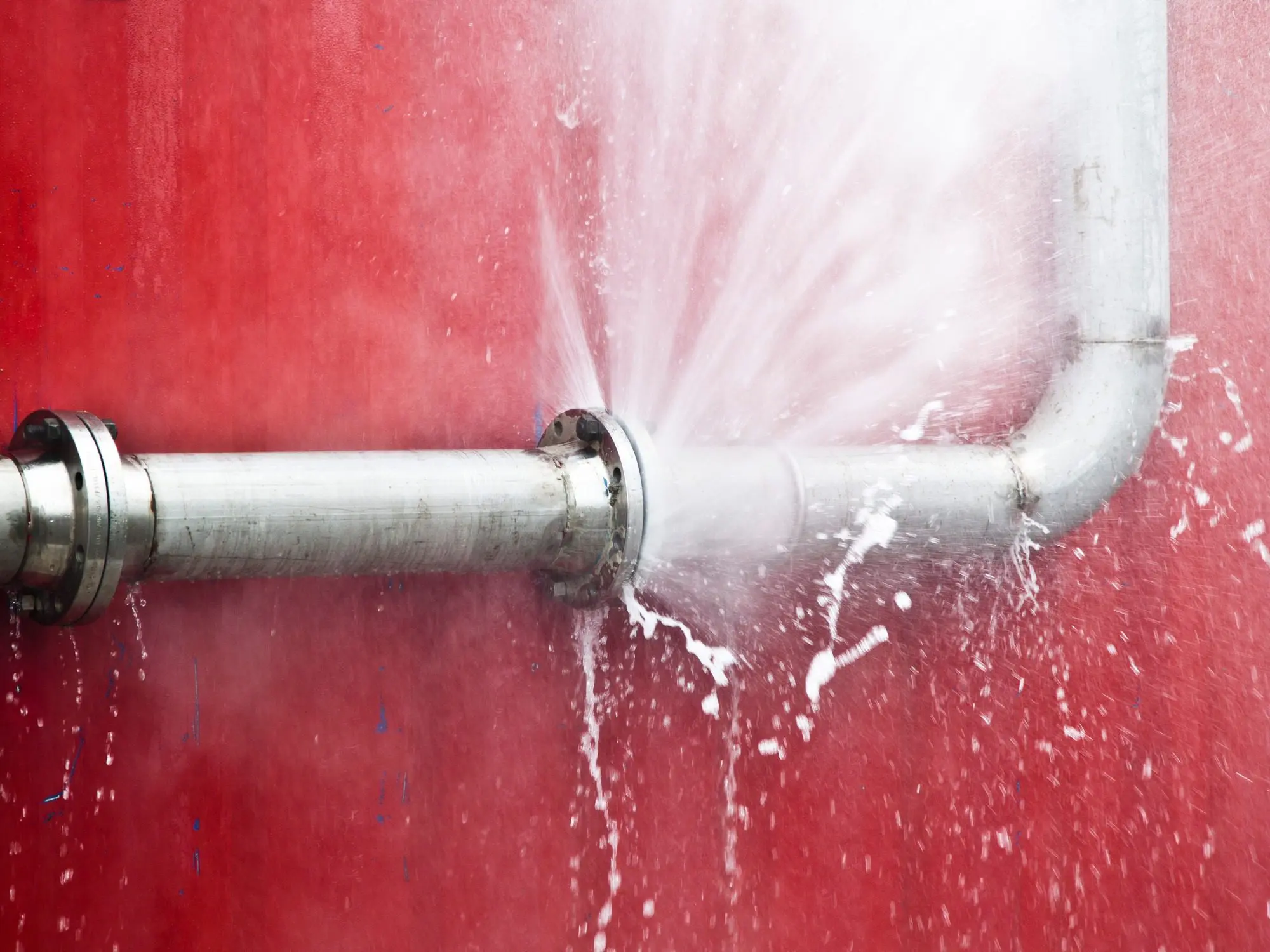
At Edwards Property Remediation, we’ve responded to countless pipe burst emergencies across Palm Beach County. Our 24/7 team has seen how simple mistakes can turn a manageable issue into a major disaster. In this comprehensive guide, we’ll outline five critical mistakes to avoid after a pipe bursts in your home, along with practical steps to take instead. We’ll also share tips on prevention, insurance claims, and why professional help is essential. By understanding these errors and acting swiftly, you can protect your property, health, and wallet. If you’re dealing with a burst pipe now, don’t hesitate—call Edwards Property Remediation at (754) 221-6945 for immediate assistance.
Understanding Pipe Bursts: Causes and Immediate Risks
Before diving into the mistakes, it’s helpful to understand why pipes burst and the immediate risks they pose. Common causes in West Palm Beach homes include:
- Freezing Temperatures: Even in Florida, rare cold snaps can freeze pipes, causing them to expand and crack.
- Aging Plumbing: Older homes with corroded or worn pipes are prone to failures, especially under high water pressure.
- Clogs and Buildup: Mineral deposits or blockages can increase pressure, leading to bursts.
- Poor Installation: Faulty fittings or improper materials can fail over time.
When a pipe bursts, water can flow at rates of 5–10 gallons per minute, flooding areas quickly. In Florida’s humid climate, this water can lead to mold growth within 24–48 hours, posing health risks like allergies or respiratory issues. Structural damage, such as warped wood or weakened foundations, can also occur if moisture isn’t addressed promptly. Knowing these risks underscores the importance of avoiding mistakes that delay proper mitigation.
Mistake 1: Delaying the Shut-Off Valve
One of the most critical errors homeowners make is hesitating to shut off the water supply. In the panic of discovering a burst pipe, it’s easy to focus on containing the water rather than stopping the source. However, every second the water flows increases the damage exponentially. A delay of just a few minutes can turn a localized issue into widespread flooding, affecting multiple rooms or even neighboring units in condos or apartments.
Why It’s a Problem: Water under pressure can saturate porous materials like drywall, insulation, and flooring, leading to swelling, warping, and eventual mold. In West Palm Beach, where humidity averages 60–80%, this moisture can create a breeding ground for bacteria and fungi, complicating cleanup and raising costs.
What to Do Instead:
- Locate and Shut Off the Valve Immediately: Every homeowner should know the location of their main shut-off valve—typically near the water meter or where the main line enters the home. Turn it clockwise to stop the flow. If it’s a localized burst, use the shut-off valve for that specific fixture (e.g., under the sink).
- Relieve Pressure: After shutting off the main valve, open faucets and drains to release remaining water and reduce pressure in the pipes.
- Prepare in Advance: Mark your shut-off valve clearly and test it annually to ensure it works. Consider installing smart water shut-off devices that detect leaks and automatically stop the flow.
By acting quickly, you can limit water exposure to minutes rather than hours, significantly reducing damage.
Mistake 2: Trying to Handle All the Water Yourself
Many homeowners instinctively grab mops, towels, or a shop vacuum to tackle the flood, thinking DIY cleanup will suffice. While this might remove visible water, it often leaves behind hidden moisture trapped in subfloors, wall cavities, or under cabinets. Without professional equipment, these areas remain damp, leading to long-term issues.
Why It’s a Problem: Amateur cleanup misses embedded water, which can cause mold, rot, and structural weakening. In Florida, where temperatures and humidity accelerate microbial growth, a DIY approach can result in health hazards and expensive remediation later. Insurance companies may also deny claims if professional mitigation isn’t documented.
What to Do Instead:
- Call Professionals Right Away: Contact a certified water damage restoration company like Edwards Property Remediation. Our team uses industrial-grade pumps to extract water efficiently, often removing hundreds of gallons in hours.
- Focus on Safety First: While waiting for help, turn off electricity to affected areas to avoid electrocution risks, and remove valuables if safe.
- Use Advanced Drying Techniques: Professionals employ air movers, dehumidifiers, and injectidry systems to dry hidden spaces thoroughly. At Edwards Property Remediation, we monitor progress with moisture meters to ensure complete drying.
Remember, water damage restoration is a specialized field—leave it to experts to avoid compounding the problem.
Mistake 3: Not Documenting the Damage for Insurance
In the chaos of a pipe burst, documentation might be the last thing on your mind. However, failing to capture evidence of the damage can jeopardize your insurance claim, leading to delays, disputes, or denials.
Why It’s a Problem: Insurance adjusters need clear proof of the incident’s cause, extent, and your mitigation efforts. Without photos, videos, or records, they may undervalue the claim or argue that damage was preventable. In Florida, where water claims are common due to storms and plumbing issues, thorough documentation is crucial for coverage.
What to Do Instead:
- Capture Everything: Use your phone to take time-stamped photos and videos of the burst pipe, flooded areas, damaged items, and cleanup process. Include close-ups and wide shots for context.
- Keep Records: Save receipts for any emergency supplies or services, and note the timeline of events (e.g., when the burst occurred and when you shut off the water).
- Work with Your Restoration Partner: At Edwards Property Remediation, we provide detailed reports, including Xactimate estimates and moisture readings, to support your claim. We even communicate directly with adjusters to streamline the process.
Proper documentation can expedite payouts, covering repairs without out-of-pocket expenses.
Mistake 4: Skipping a Moisture Inspection
After visible water is removed, many assume the problem is solved if surfaces feel dry. However, water can linger in hidden areas, leading to unseen damage.
Why It’s a Problem: Residual moisture in insulation, behind walls, or under floors can foster mold, which thrives in Florida’s warm, humid environment. This can cause health issues, odors, and structural decay, often requiring invasive repairs later.
What to Do Instead:
- Schedule a Professional Inspection: Use certified technicians who employ infrared cameras and moisture meters to detect hidden water. Edwards Property Remediation offers comprehensive inspections to identify risks early.
- Monitor Humidity: Keep indoor humidity below 50% with dehumidifiers during recovery.
- Address All Areas: Ensure inspections cover HVAC systems, attics, and crawlspaces, where water can migrate.
A thorough moisture check prevents secondary damage, saving you from future headaches.
Mistake 5: Waiting Too Long to Call a Pro
Procrastination is a common mistake, especially if the damage seems minor. Homeowners might wait for insurance approval or try DIY fixes first, but delays can be disastrous.
Why It’s a Problem: In West Palm Beach, mold can appear within 24–48 hours, turning a simple cleanup into a complex remediation. Waiting increases costs, health risks, and potential claim complications.
What to Do Instead:
- Call Immediately: Contact Edwards Property Remediation at the first sign of a burst pipe. Our 24/7 emergency response ensures we arrive within 90 minutes.
- Prioritize Mitigation: Start the process before insurance details are finalized—most policies cover prompt action.
- Plan for Prevention: After restoration, install pipe insulation, pressure regulators, or leak detectors to avoid future bursts.
Swift professional intervention is key to effective recovery.
Why Homeowners Choose Edwards Property Remediation
When facing a pipe burst, you need a reliable partner. Edwards Property Remediation stands out in West Palm Beach for:
- Fast 24/7 Emergency Response: We arrive quickly to stop damage in its tracks.
- Advanced Drying Equipment: Industrial tools ensure thorough, efficient restoration.
- Trusted by Insurance Carriers: We handle claims seamlessly with Xactimate and documentation.
- Fully Licensed & Insured: Certified technicians follow IICRC standards.
- 5-Star Rated in Palm Beach County: Our clients rave about our professionalism and results. Check our Facebook page for testimonials.
Additional Tips for Pipe Burst Prevention
- Insulate Pipes: Protect exposed pipes from cold snaps.
- Maintain Pressure: Install regulators to prevent high-pressure bursts.
- Regular Inspections: Check plumbing annually for wear.
- Smart Home Tech: Use leak detectors for early alerts.
Case Study: A West Palm Beach Pipe Burst Recovery
A homeowner in downtown West Palm Beach experienced a burst kitchen pipe during a weekend trip. Water flooded the kitchen and living room. Edwards Property Remediation responded within an hour, extracted water, dried the area, and coordinated the insurance claim. The home was restored in 72 hours, mold-free.
Navigating Insurance Claims After a Burst Pipe
File promptly, document thoroughly, and work with professionals. Edwards Property Remediation assists every step.
Health Risks from Burst Pipe Damage
Mold can cause allergies or asthma. Quick drying prevents this.
Conclusion
A burst pipe is stressful, but avoiding these five mistakes—delaying shut-off, DIY cleanup, skipping documentation, ignoring moisture inspections, and waiting for pros—can make recovery smoother. In West Palm Beach, Edwards Property Remediation is your trusted partner for rapid, expert restoration.
📞 Call (754) 221-6945 for Emergency Help 📅 Book an Emergency Service Now

